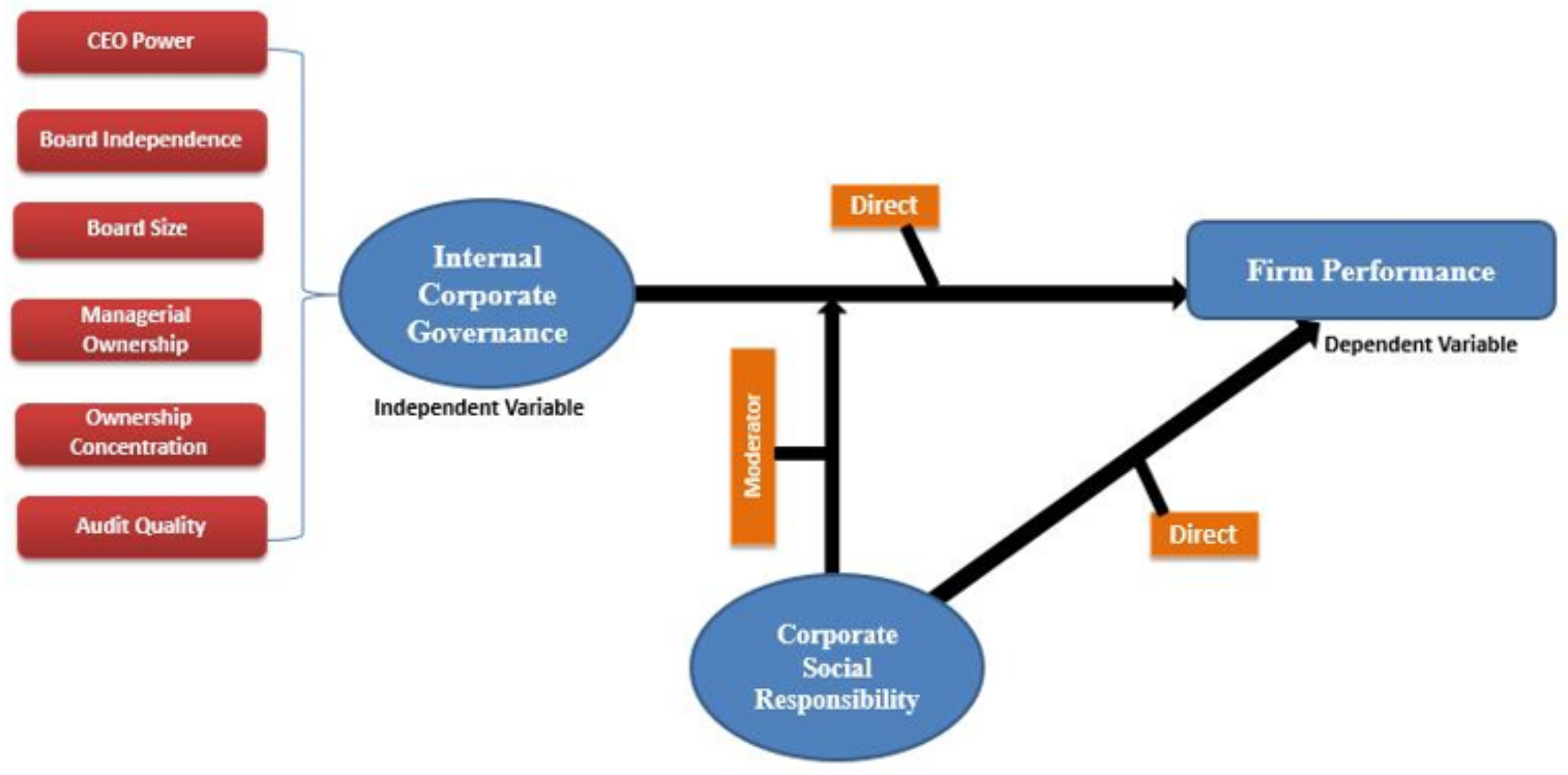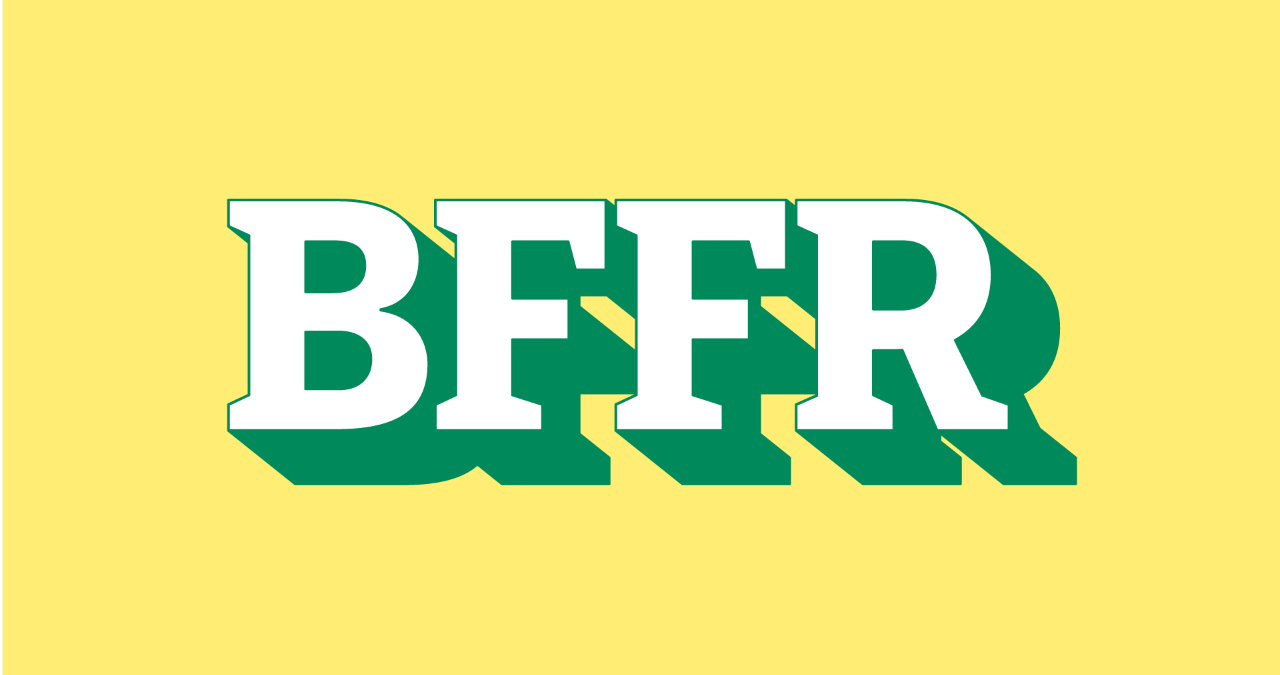Explore the meaning, controversy, and ethical concerns behind the keyword “statewins” in this comprehensive article about internet culture and digital responsibility.
In the ever-changing world of internet culture, certain terms rise and fall with trends, curiosity, and controversy. One such term that has generated buzz across various corners of the digital landscape is statewins. While this keyword might ring a bell for some and sound completely foreign to others, its impact in online communities, forums, and broader discussions about privacy, digital ethics, and social dynamics cannot be ignored. This article delves into what statewins means, its context, implications, and the cultural backdrop from which it emerged.
The term statewins doesn’t have a universal definition, which is one of the reasons it’s become both intriguing and controversial. In various online discussions, it can represent anything from a niche meme culture to a darker, more troubling narrative related to the invasion of privacy. As we journey through this article, we’ll explore its usage, potential meanings, and the broader impact it has on online spaces. It’s important to remember that understanding a term like this isn’t just about dictionary definitions—it’s about grasping the nuances of internet behavior, trends, and the responsibilities we all have as digital citizens.
The Origins of Statewins in Online Culture
Like many internet phenomena, statewins seems to have emerged from obscure threads and forums where anonymity and virality often go hand in hand. Its roots can be traced back to platforms that prioritize user-driven content and freedom of speech—places like Reddit, 4chan, and various imageboards that have birthed countless internet memes, terms, and controversies.
Originally, the term was rumored to be tied to competitions or showcases where users from different US states would claim cultural, aesthetic, or social “wins” through images or achievements. However, over time, the meaning morphed and, in some cases, took on more questionable undertones. This evolution reflects how internet culture is constantly shifting, and how terms that start innocently can take on complex connotations over time.
Some discussions around statewins have pointed toward ethical concerns. When any keyword begins to become associated with the sharing of personal or private content—whether consensual or not—it steps into a legal and moral gray area. And that’s where much of the criticism around the term comes from. It’s not just about how a term is used, but what kind of behavior it might be encouraging or legitimizing online.
The Double-Edged Sword of Anonymity and Virality
One reason statewins has gained traction is due to the inherent nature of the internet: it’s anonymous, fast, and often unregulated. Anonymity provides a kind of digital mask that allows users to post and share content without fear of real-world repercussions. This can be liberating, but it also opens the door to unethical or even illegal activities.
In communities where statewins is mentioned or shared, the culture can be either playful or toxic, depending on the context. When anonymous users post content under this tag or keyword, it can sometimes cross the line—particularly if the content involves people who haven’t consented to having their images or identities shared. This not only violates privacy laws but also fuels toxic online behavior that can have real-world consequences for those involved.
This balance between freedom and responsibility is one that tech platforms and their users are still struggling to maintain. As internet citizens, it’s essential to understand that just because something can be shared doesn’t mean it should be. The term statewins acts as a case study in how community norms and platform policies can either prevent or enable misuse of content.
The Ethical Dimensions of Sharing Content Online
The internet is built on sharing—content, ideas, and media. But not all sharing is harmless. When we look at statewins, we’re also looking at a wider issue: the ethical boundaries of digital distribution. Sharing content should always involve consent. Unfortunately, that’s not always the case in discussions or usage surrounding this keyword.
Imagine someone’s personal image being uploaded and circulated without their permission. It’s not just an invasion of privacy; it’s a form of digital harm. Consent is the cornerstone of ethical content sharing, and any term or trend that sidelines that consent needs to be critically examined. In the case of statewins, there have been concerns raised about non-consensual sharing, which is both legally problematic and morally questionable.
We must also consider the ripple effects. Even if someone isn’t directly uploading inappropriate or harmful content, participating in communities that normalize such behavior contributes to a broader culture of disregard for privacy. It’s crucial to recognize that behind every image is a person—a fact that can often be lost in the haze of virality.
Platform Responsibility and the Moderation Dilemma

Tech platforms walk a fine line between enabling free expression and curbing harmful behavior. In the case of trends like statewins, the role of moderation becomes incredibly important. Whether it’s on forums, social media, or niche communities, the presence or absence of moderation can determine how a keyword evolves and spreads.
Some platforms have taken active steps to curb the spread of potentially harmful content associated with keywords like statewins. These efforts include banning certain tags, increasing moderation, and even working with legal teams to remove illegal content. However, users often find workarounds, leading to a game of cat and mouse that never quite ends.
This raises a bigger question about the responsibility tech companies hold in shaping online discourse. Should they be more aggressive in moderating content? Or should they focus on educating users about ethical behavior? The truth probably lies somewhere in between. But what’s clear is that platforms can no longer remain neutral. Trends like statewins force us to confront the darker corners of online culture and ask what we’re willing to accept.
Statewins and the Broader Cultural Context
Every online trend, including statewins, is a reflection of the society that nurtures it. The rise of user-generated content, combined with the power of digital anonymity, has created a culture where anything can go viral—including things that arguably shouldn’t. In some cases, statewins is used jokingly or as part of harmless bragging rights between regions or communities. But in other contexts, it’s anything but harmless.
This duality is what makes understanding the term so tricky. It exists in a space where humor, harm, culture, and controversy all mix. It tells us something about modern internet culture: that context is everything, and meaning is fluid. As such, being aware of these nuances isn’t just helpful—it’s necessary.
Moreover, the way we respond to trends like statewins speaks volumes about our values. Are we willing to turn a blind eye when ethics are compromised for entertainment? Or will we draw the line and push for a more respectful online environment? These are questions every internet user should be asking themselves.
How to Engage with Trends Like Statewins Responsibly
Just because a keyword is trending doesn’t mean we have to engage with it blindly. Critical thinking is one of the most powerful tools we have as internet users. When encountering terms like statewins, it’s worth asking a few questions:
- What is the context in which this term is being used?
- Who might be harmed by its usage?
- Is the content associated with this term ethical and consensual?
Engaging responsibly means being aware of the digital footprint we leave behind. It means resisting the urge to click, share, or comment when doing so could perpetuate harm. It means calling out unethical behavior when we see it, and supporting platforms and creators who prioritize integrity.
At the end of the day, we all play a role in shaping the culture of the internet. Keywords like statewins don’t evolve in a vacuum—they’re shaped by how we use them. And with that power comes the responsibility to do better.
Quotes from Digital Ethics Experts
“Every click is a choice. In the digital age, our smallest actions can have the widest impact.” — Dr. Lena Rowe, Professor of Media Ethics
“Anonymity is not a shield for immorality. Online freedom must come with offline accountability.” — Marcus Hill, Internet Culture Analyst
“The line between trending and troubling is thin. That’s why context and consent matter more than ever.” — Rina Sethi, Digital Rights Advocate
A Table on Ethical vs. Unethical Content Sharing
| Action | Ethical or Unethical | Notes |
|---|---|---|
| Sharing public domain images | Ethical | Always verify source. |
| Posting private images with consent | Ethical | Consent must be explicit. |
| Sharing non-consensual images | Unethical | Potentially illegal. |
| Promoting harmful trends | Unethical | Encourages negative behavior. |
| Educating about digital safety | Ethical | Helps build awareness. |
FAQs About Statewins
Q: What does the term “statewins” actually mean? A: The term doesn’t have a fixed definition and is used differently across platforms. In some cases, it refers to regional or state-based content bragging; in others, it may be tied to controversial or unethical behavior.
Q: Is it illegal to post content tagged with statewins? A: It depends on the nature of the content. If the material is non-consensual or violates privacy laws, then yes—it can be illegal.
Q: Why is statewins considered controversial? A: Because it’s been associated with the sharing of private or explicit content without consent. This raises both legal and ethical red flags.
Q: How can I report inappropriate content related to statewins? A: Most platforms have reporting tools. Use them to flag content, and if necessary, contact the site’s support or legal team.
Q: What’s the best way to engage with online trends responsibly? A: Think critically, seek context, respect consent, and avoid promoting harmful or unethical content.
Conclusion: Navigating the Digital World with Care
The term statewins serves as a powerful reminder that internet trends are not just about entertainment—they reflect deeper cultural values and challenges. As digital citizens, we have a responsibility to be mindful of the content we consume, share, and promote. By understanding the implications of trends like statewins, we can contribute to a more ethical, respectful, and informed online environment.




